Australian students are helping build a brighter future for children struggling to study after dark in Papua New Guinea (PNG).
Thirty-eight per cent of children under the age of eight in PNG can't read or write, while 1.4 billion people from around the world don’t have access to reliable electricity.
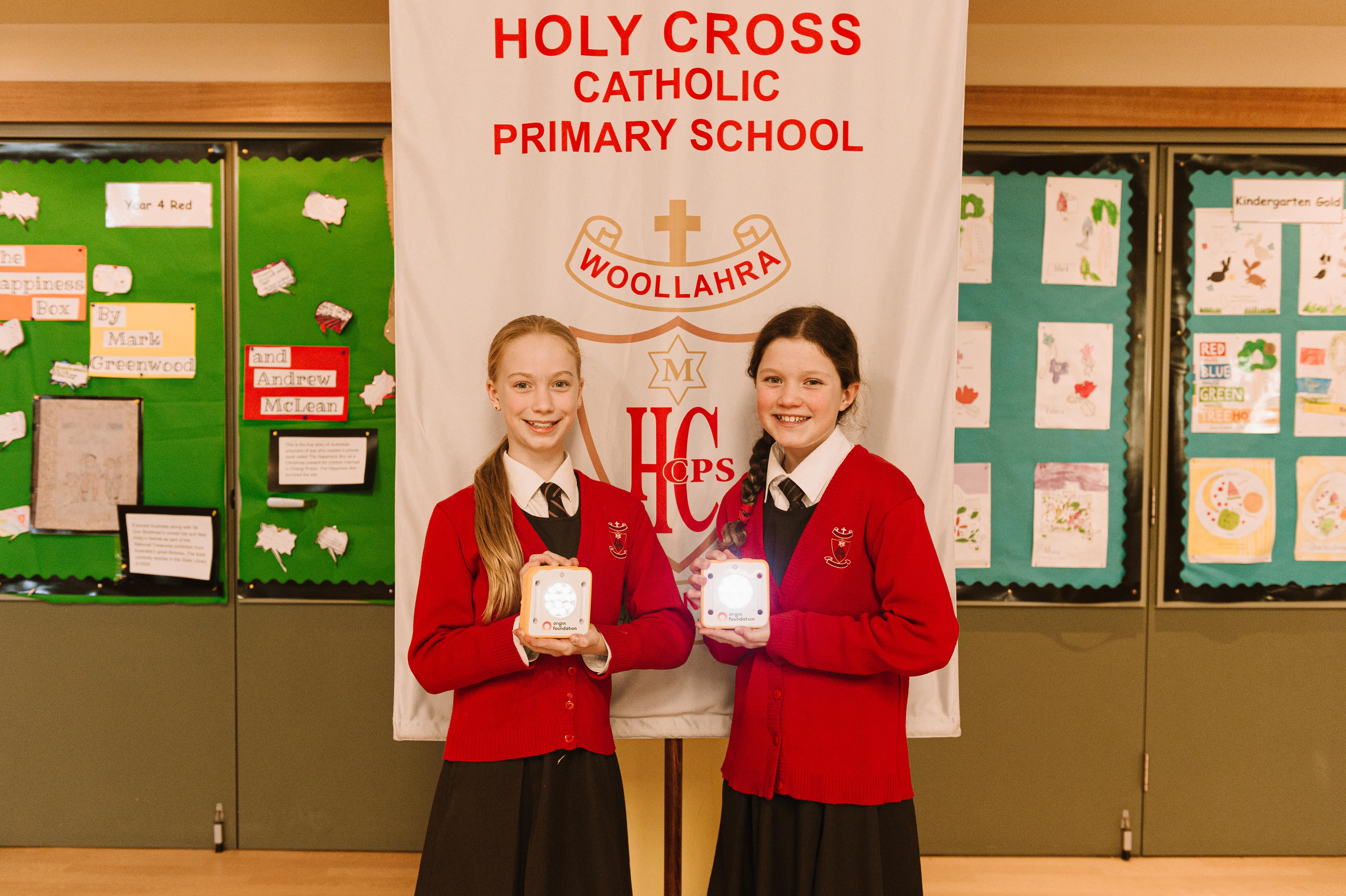
Julia Savage (right), 12, said she couldn’t imagine life without electricity. Source: Supplied/Origin Foundation
Students from the Holy Cross Primary School, in Sydney’s east, are among 55 schools participating in a program hoping to curb those numbers.
The program allows students to build solar-powered lights which are later sent overseas to children living in remote communities.
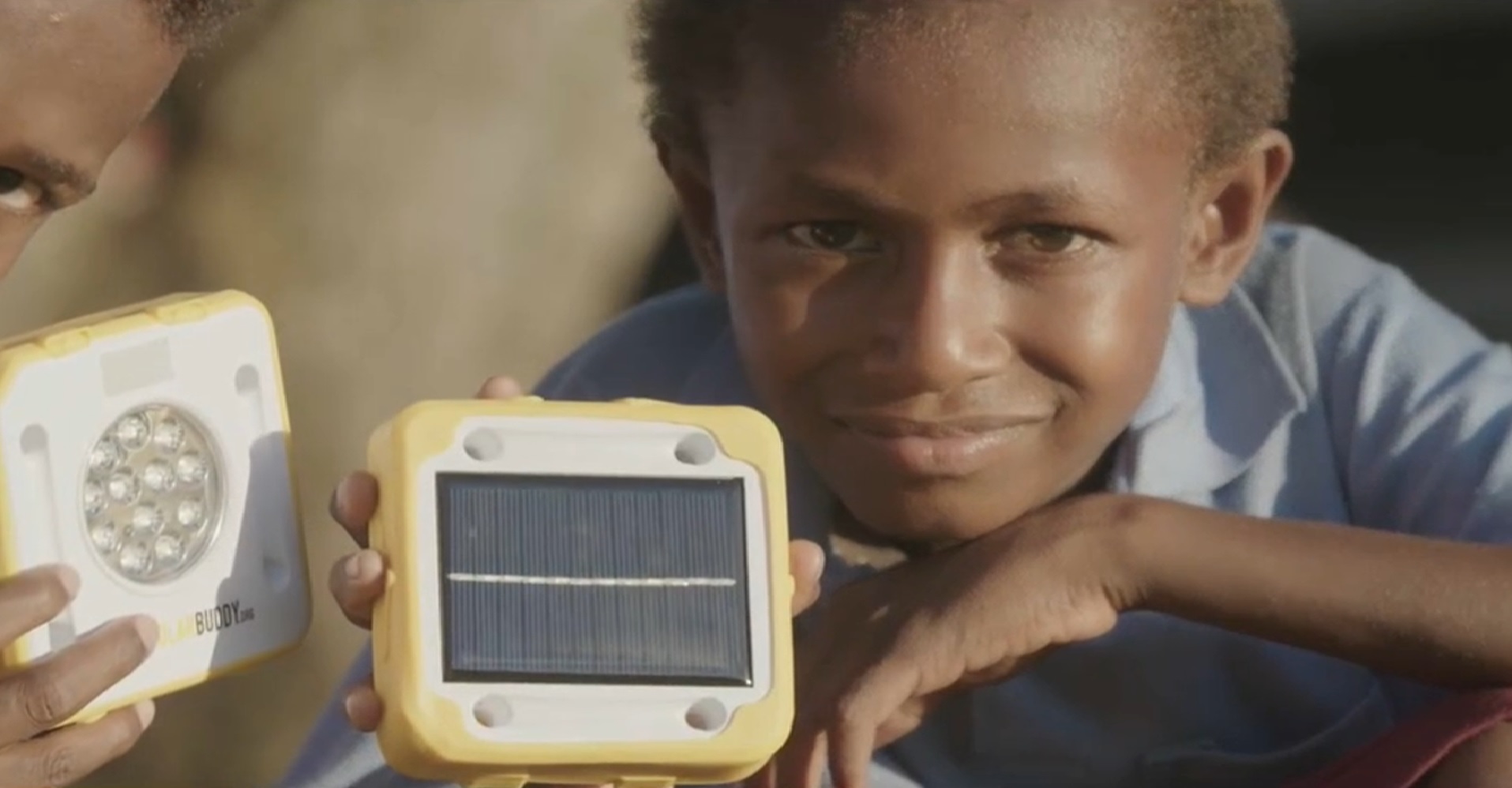
The lights are small, portable and waterproof and Julia said they’re perfect for kids her age and younger to use especially in the tropic conditions of PNG. Source: Youtube/SolarBuddy
Julia Savage, 12, said she couldn’t imagine life without electricity.
“I think it would feel really weird,” she told SBS News.
“I've become so used to using electronics - it’s kind of normalised - but if I was living in Papua New Guinea I'd find it quite hard.”
The lights are small, portable and waterproof, and Julia said they’re perfect for kids her age and younger, to use especially in the tropical conditions of PNG.
“All you have to do is click a button and charge them,” she said.
“They work for eight to 16 hours so that’s really cool.”
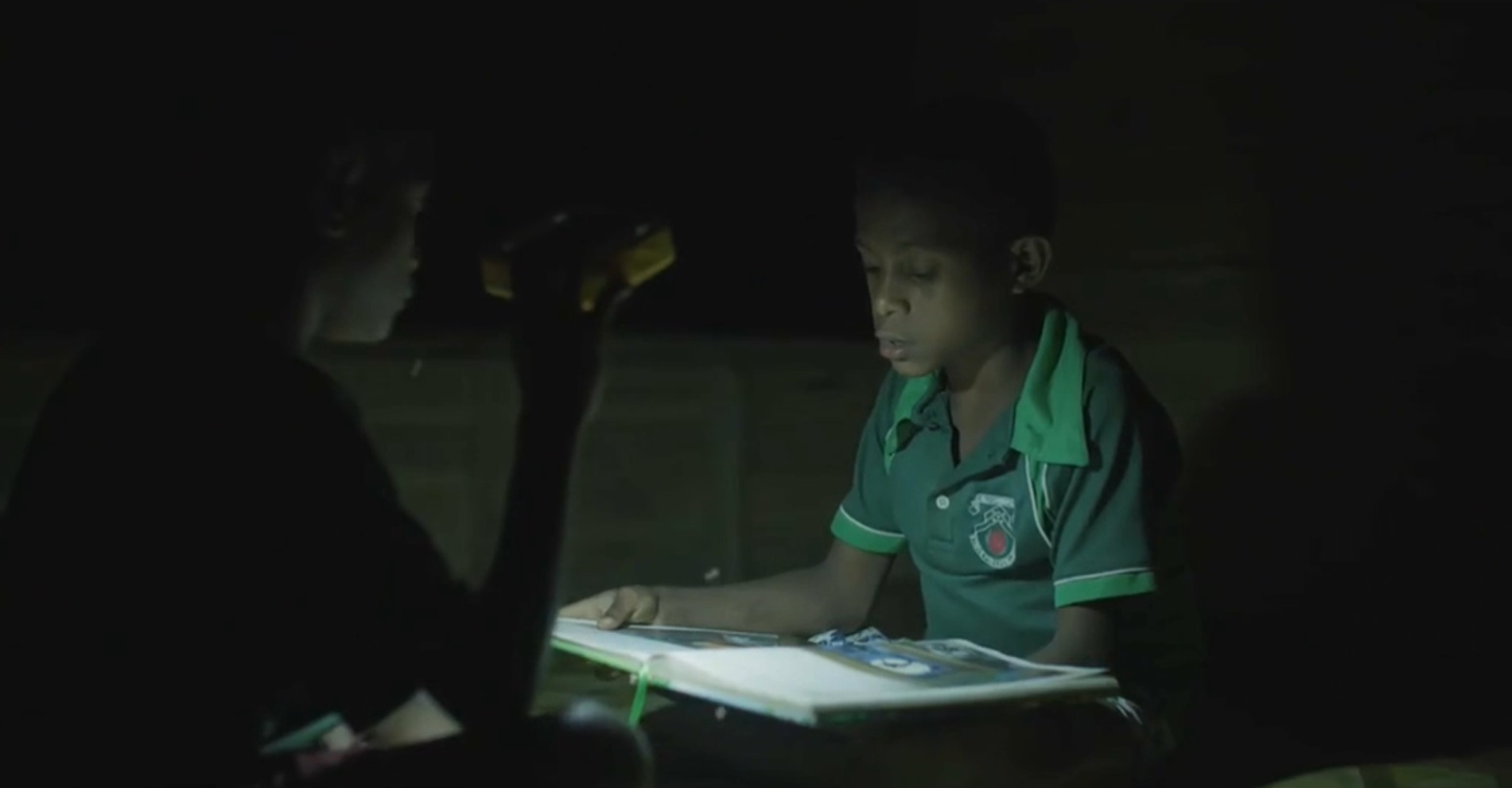
Experts say 38% of children under the age of eight in PNG can't read or write, while 1.4 billion people globally don’t have access to reliable electricity. Source: Youtube/SolarBuddy
The initiative is being led by Australian charities Solar Buddy and Origin Foundation.
Origin Foundation’s Emma Barton said the lights can also have economic and health benefits for people living in isolated regions.
“A lot of people are relying on kerosene lamps, candles and wood,” she said.
“It's bad for their health, it's bad for the environment and it’s costing a fortune.
“About 40 per cent of the household income is going towards those types of fuels.”
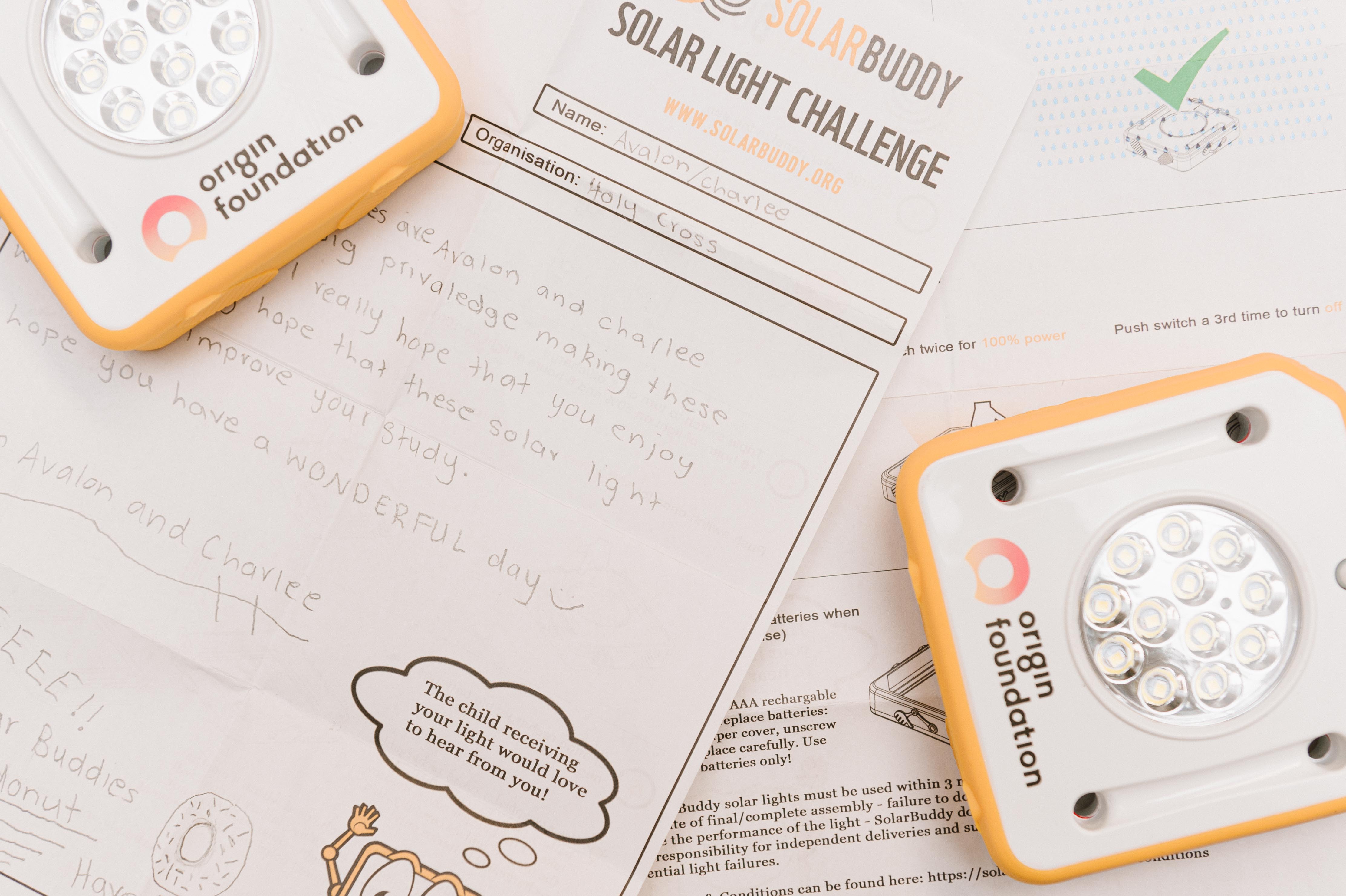
The program allows students to build solar powered lights which are later sent overseas to children living in remote communities along with letters. Source: Supplied/Origin Foundation
Since its inception three years ago, more than 100,000 lights have been distributed globally along with letters.
Four thousand solar powered lights were delivered to villages along the Kokoda track last month after a journey across PNG’s rugged terrain.
But it’s not just children benefiting from renewable energy in PNG.
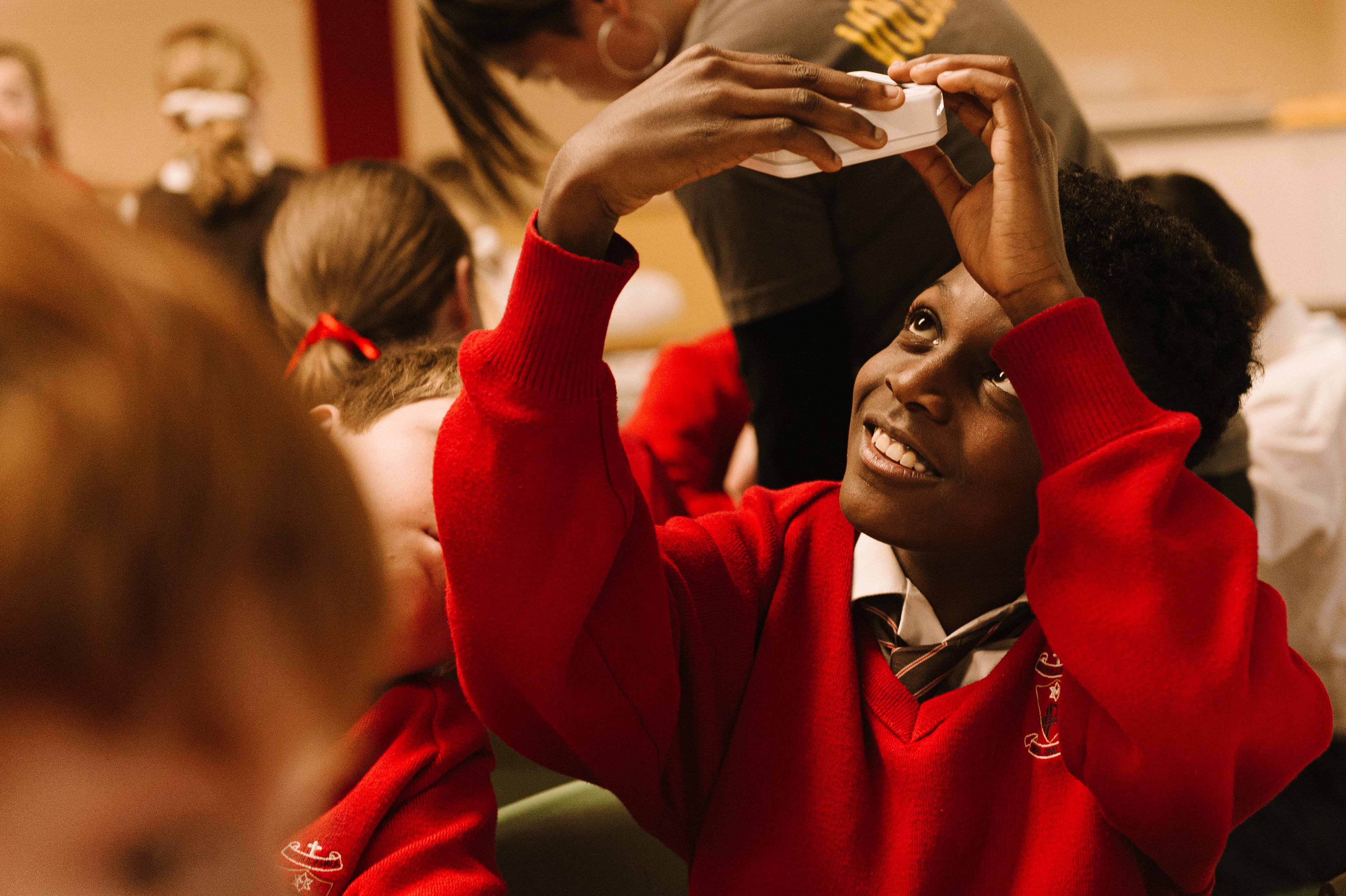
Children building portable solar powered lights. Source: Supplied/Origin Foundation
In 2014, development organisation IFC found only two per cent of households used solar energy.
Its latest study conducted in July showed more people were taking up the trend.
"We found that the solar penetration was as high as 60 per cent so it has been a rapid increase across the whole country,” IFC study coordinator Subrata Barman said.
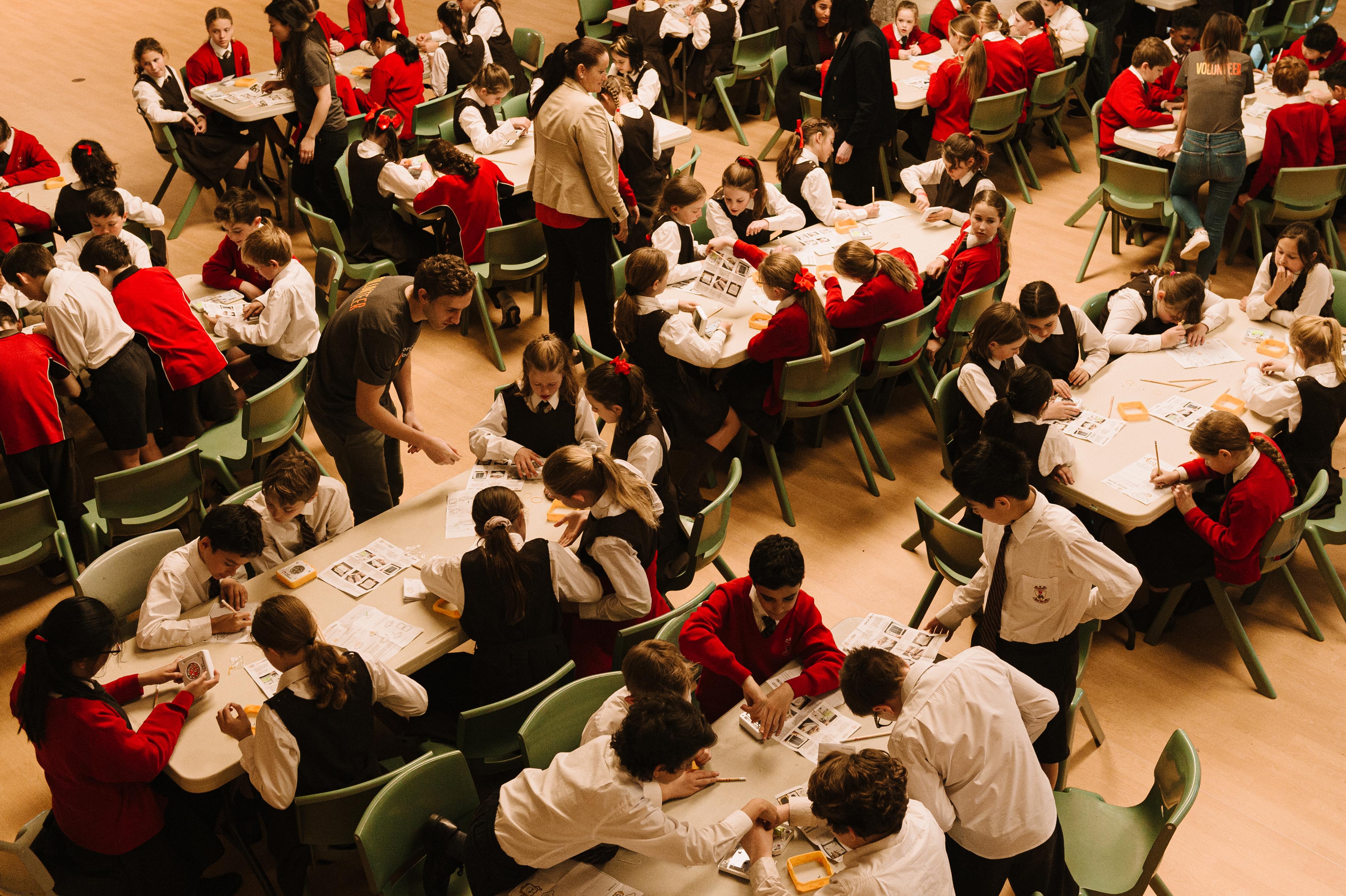
Students from the Holy Cross Primary School, in Sydney’s east, are among the 55 schools to participate in a program hoping to curb those numbers. Source: Supplied/Origin Foundation
While off-grid solar panels have expanded access to electricity across the developing country, to date it has been illegal for businesses to generate power from rooftop panels.
But in a Pacific nation that gets more than 300 days of sunshine a year and is aiming to be 100 per cent renewable by 2050, authorities are calling for a change.
"That is currently under discussion and we're hoping that this will be approved very soon,” Mr Barman said.


